As a new, highly contagious COVID-19 strain menaces the unvaccinated, Kaiser Permanente has launched a $5 million grant program to get as many people in communities of color vaccinated as quickly as possible in Northern California.
Statewide the disproportionate rates of COVID-19 vaccinations among communities of color are stark: While 62% of all California residents are now fully vaccinated, Black and Latinx communities lag far behind at about 42% and 43% respectively. In the last 6 weeks, those percentages have barely moved, signaling a profound slowdown in vaccinations across the board.
Kaiser Permanente is funding 80 organizations across Northern California with the aim of reducing barriers to accessing vaccines, hiring staff to operate clinics, conducting community outreach, establishing pop-up vaccination clinics, and helping people navigate registration and create appointments. Nationwide, the Kaiser Permanente grant program totals $20 million.
Making it as easy as possible to get a vaccine is one of the most important ways to reach the unvaccinated, said Kim Rhoads, MD, associate professor of Epidemiology and Biostatistics at UCSF School of Medicine and founder of Umoja Health, a collaborative of about 30 organizations focusing on vaccinating Black people in the Bay Area. Umoja Health recently received a $300,000 grant from Kaiser Permanente.
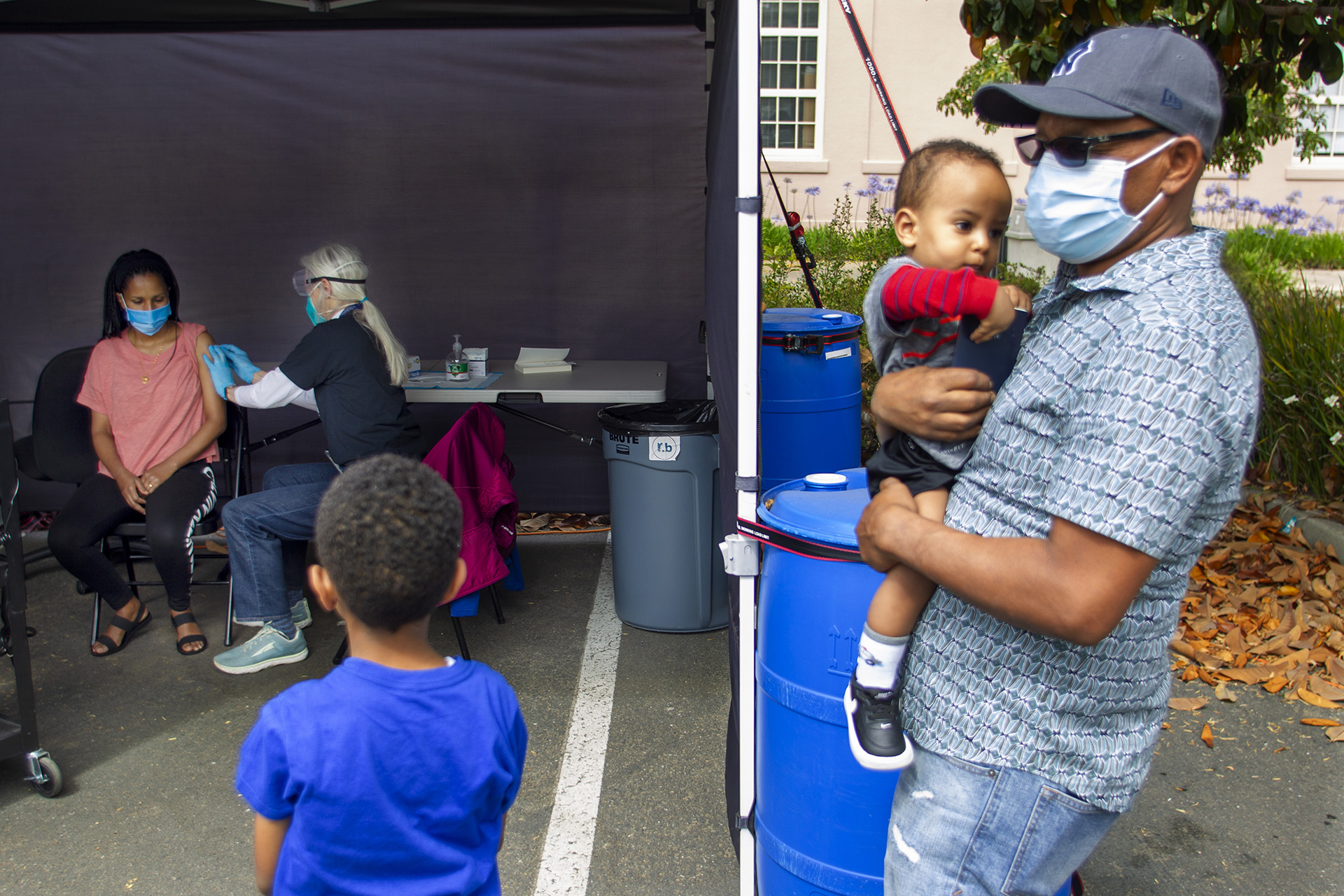
“We completely remove all the barriers, there are no appointments, no technology to navigate, you don’t need a car, and we come to where Black people are,” said Dr. Rhoads. “We pop up in your neighborhood and we do all the electronic registration. We have a team that calls people to set up second doses, a human talking to a human.”
Dr. Rhoads said Umoja Health has administered 3,000 vaccines in the Bay Area this year. Vaccines are given in a variety of ways: at regularly scheduled and pop-up clinics, through an outreach program to call unvaccinated residents with an offer to come to their homes, and by using “youth mobilizers” who go door to door offering vaccine appointments in Alameda County where there are high rates of unvaccinated residents.
Black and Latinx communities in Alameda County are doing better than their counterparts statewide, but the story is still one of inequity: 50% of eligible Black residents and 53% of Latinx residents are fully vaccinated in the county compared to 71% of all county residents. In some Northern California neighborhoods the rate of unvaccinated Black people is as high as 91%.
Yvette Radford, vice president, External and Community Affairs for Kaiser Permanente Northern California, said support for organizations such as Umoja Health is an intentional effort to build equity into vaccine distribution and tailor a response to meet communities where they are.
“With these grants we’re engaging trusted community messengers to build vaccine confidence,” said Radford. “This approach is critical to help disrupt and reverse inequities that exist among communities of color in vaccine distribution throughout Northern California.”
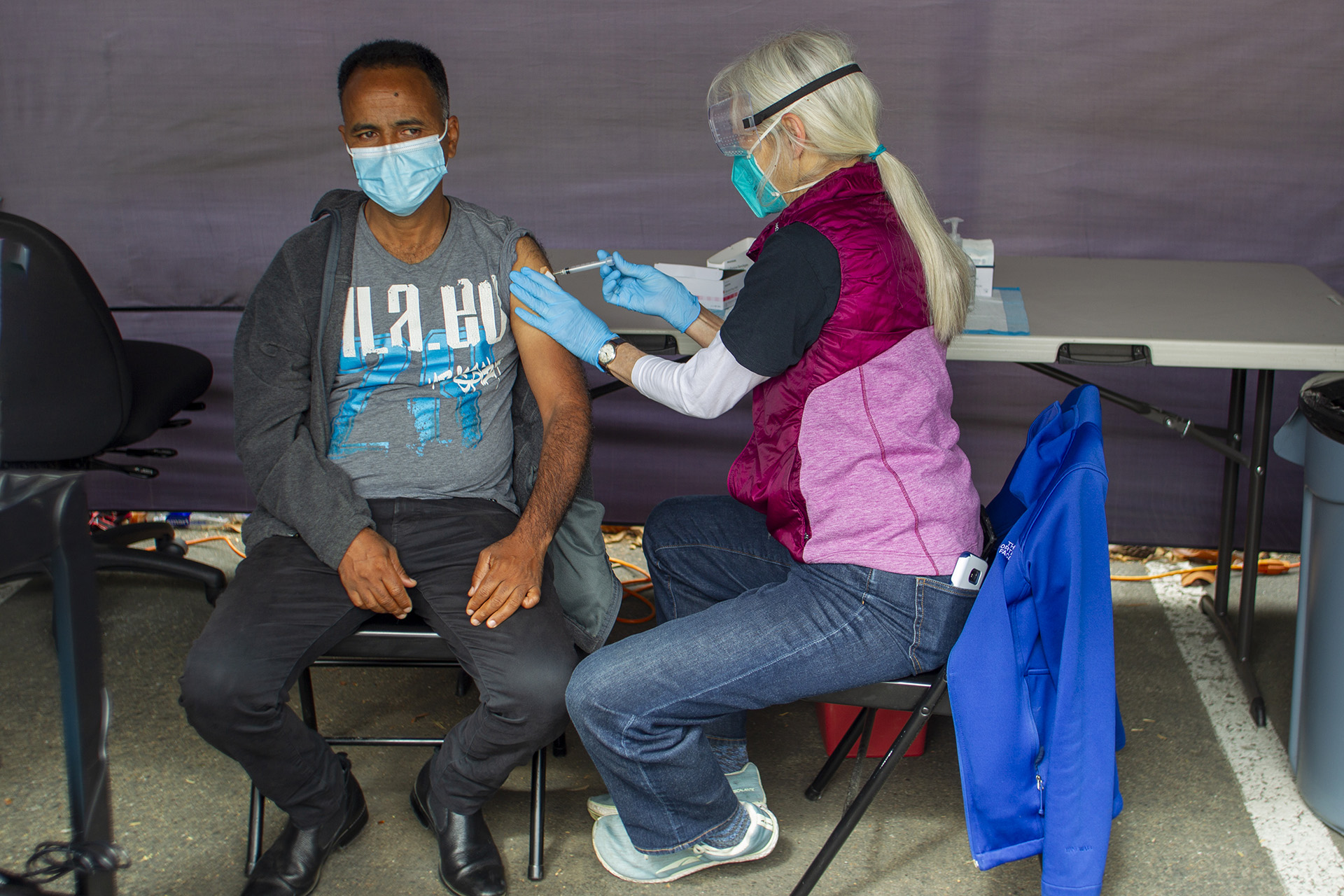
Dr. Rhoads said vaccinations in the Black community in particular have lagged for many reasons, but it can be traced back to “the historical relationship that Black people have with health care institutions that have never prioritized us.”
“We’re still not putting testing and vaccination clinics in places where people need them,” Dr. Rhoads said. “Most clinics have been in places where you need a car to drive to, and they require a computer and internet access — and that is not working for these communities.”
She added that some in Black communities have held back on vaccinations “partly because we’ve historically been the last in line for everything, and now the medical establishment comes and says: ‘You’re the first in line.’ This looks out of the ordinary to what usually happens and opens the door to whatever anti-vaccination disinformation is out there. So, people get scared.”
Physicians and nurses at Umoja Health’s clinics purposely do not wear white lab coats. Instead, they dress like the people getting the vaccines, and they offer a more welcoming way to deliver health care with food, giveaways, and music.
“We’re not offering a judgment from the medical community; we are leveling the playing field to make people feel more comfortable,” said Dr. Rhoads.
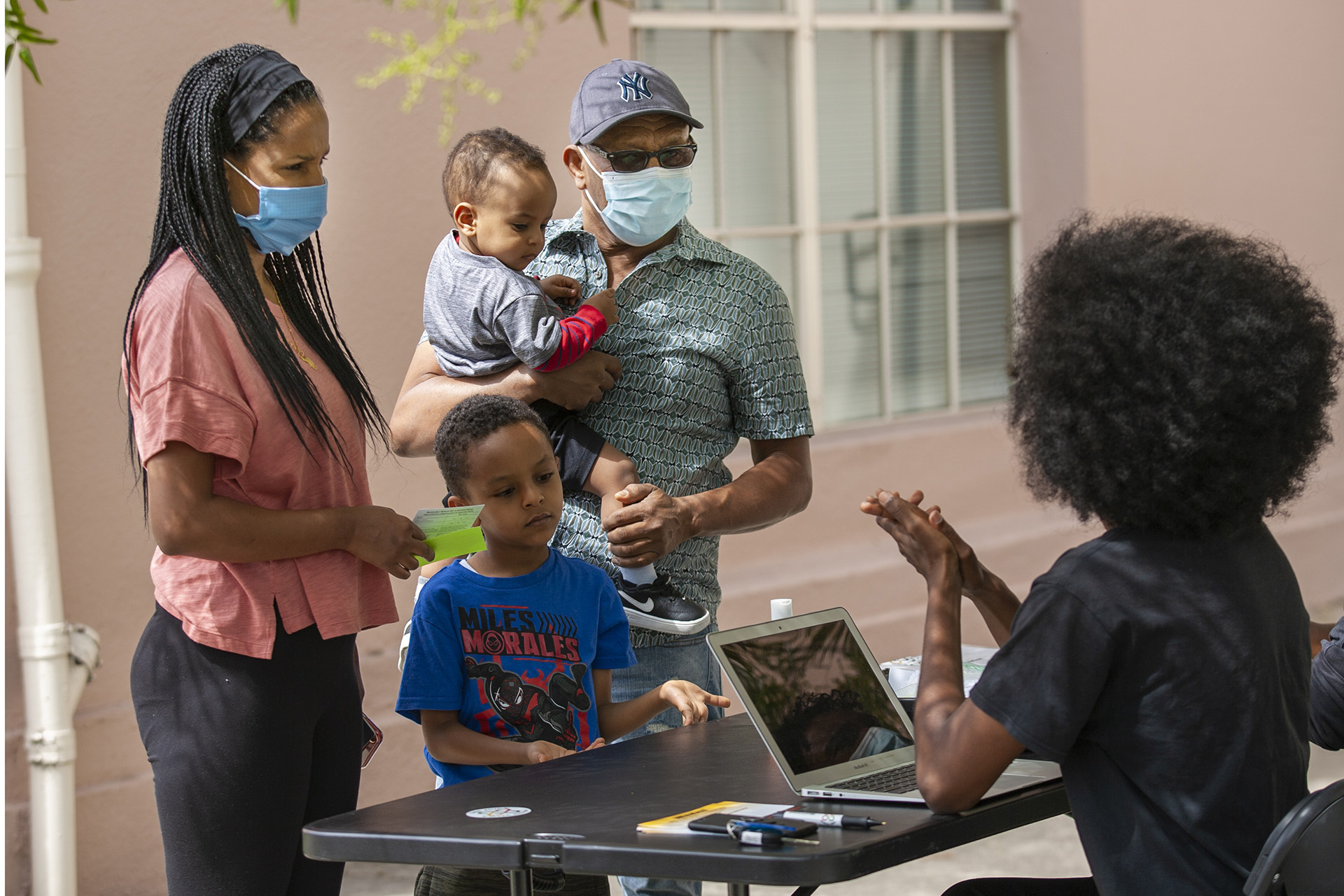
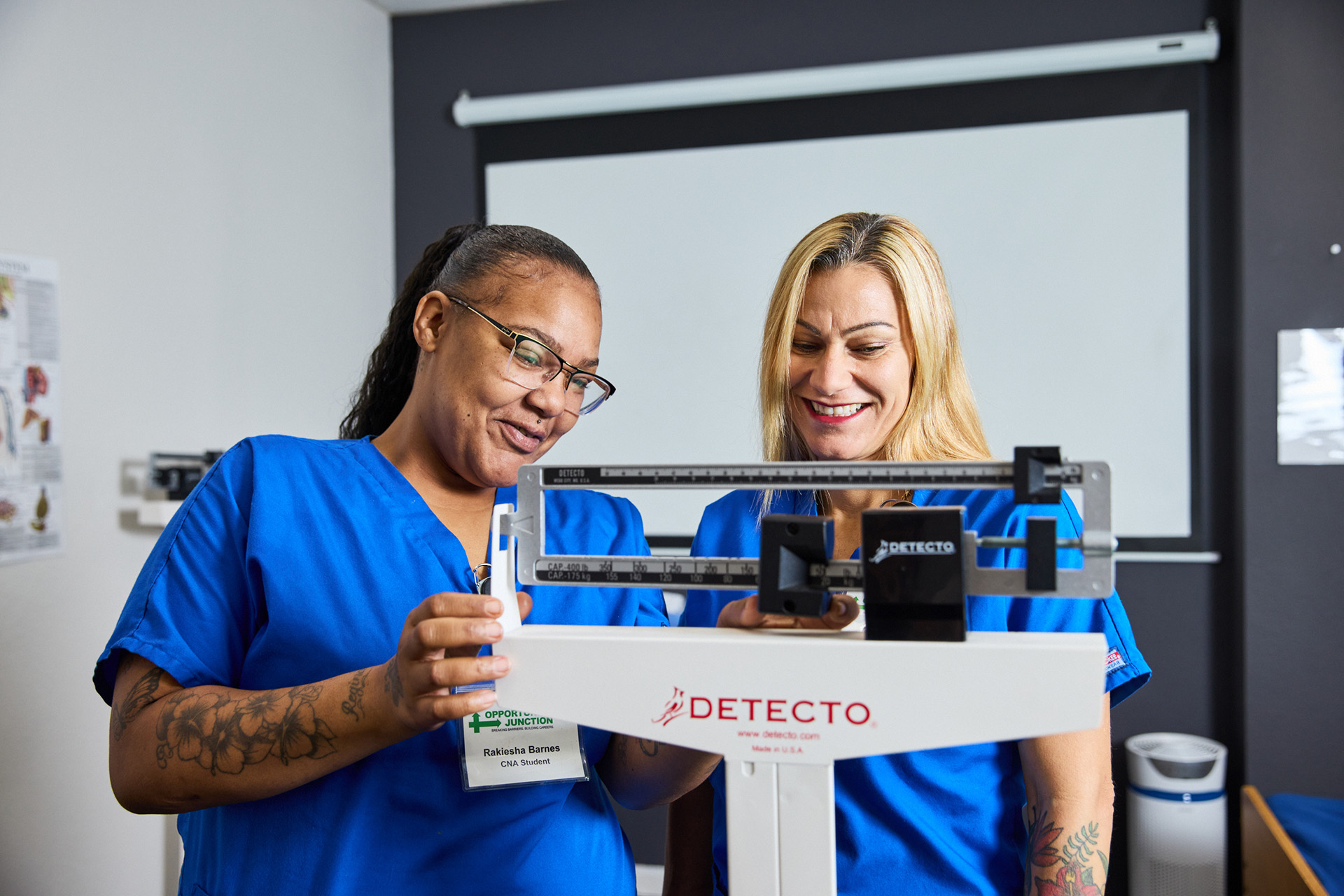
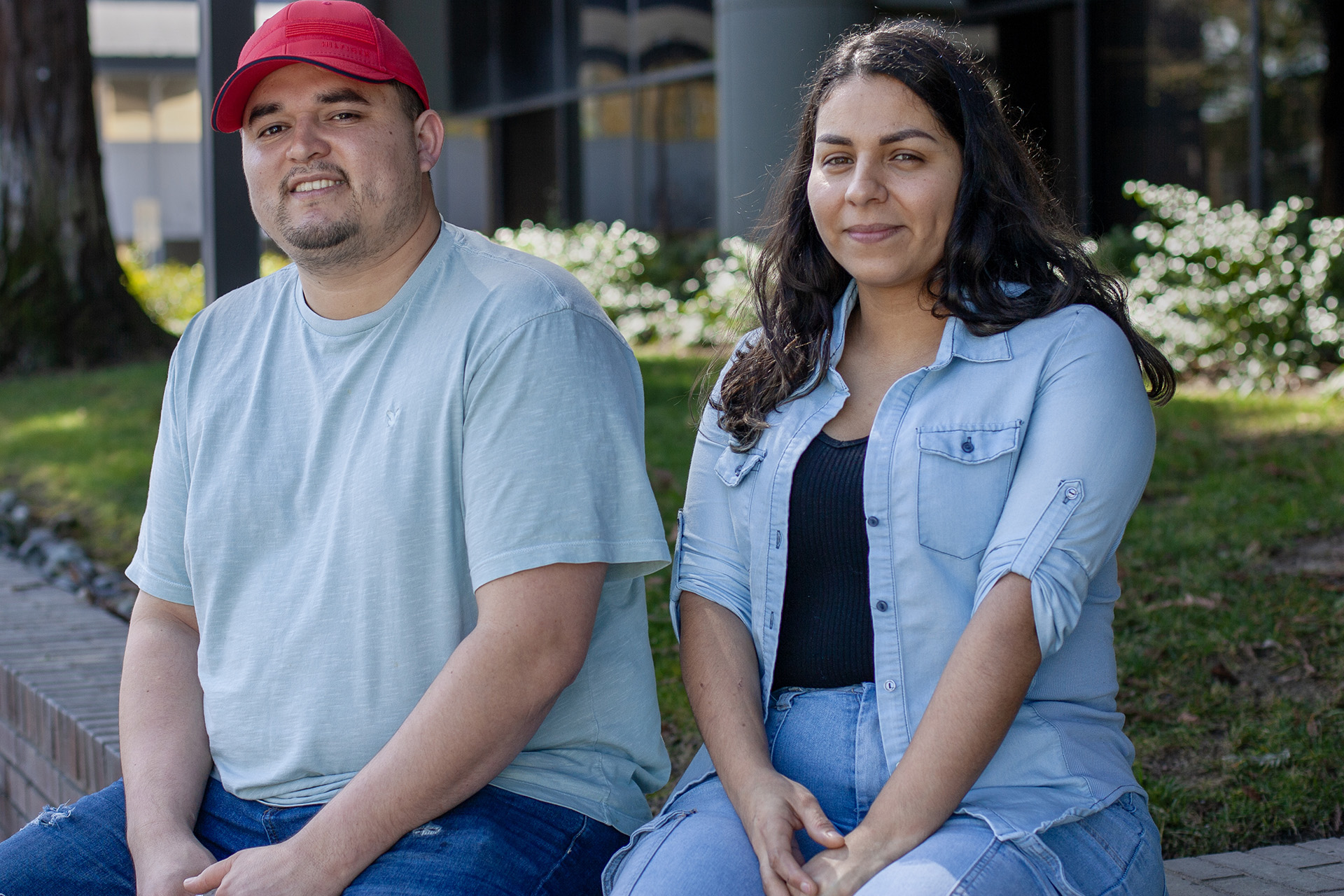
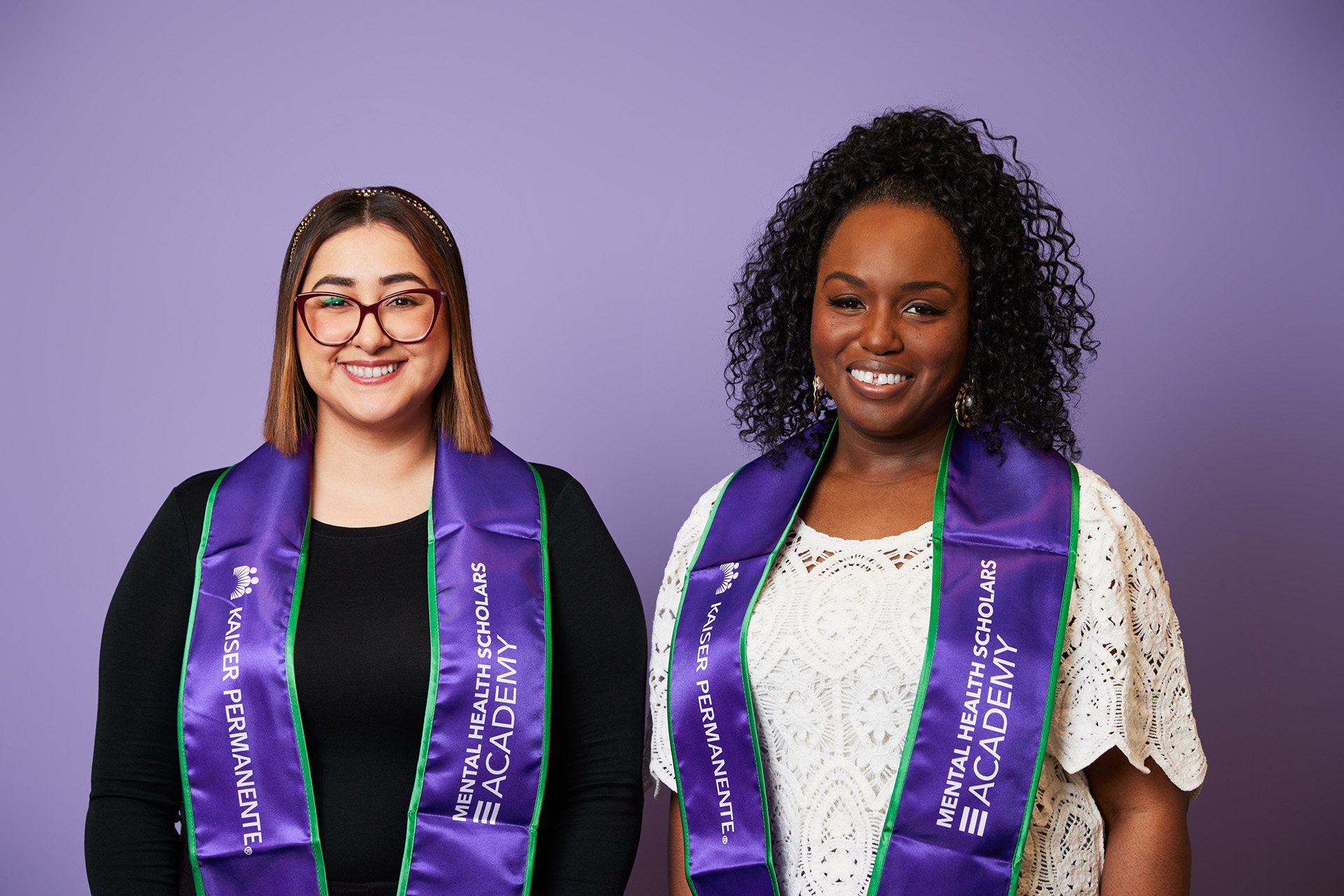
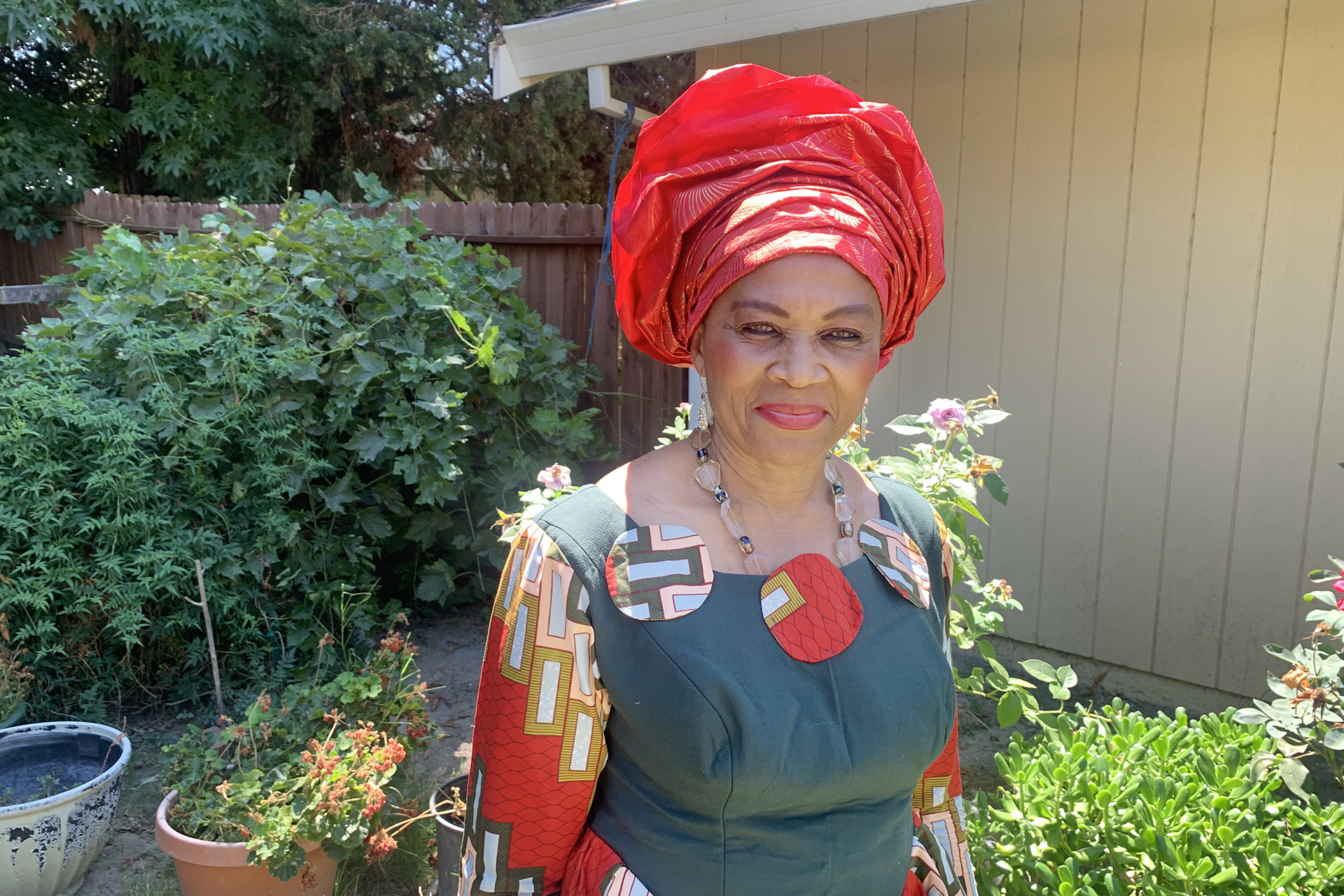
This Post Has 0 Comments